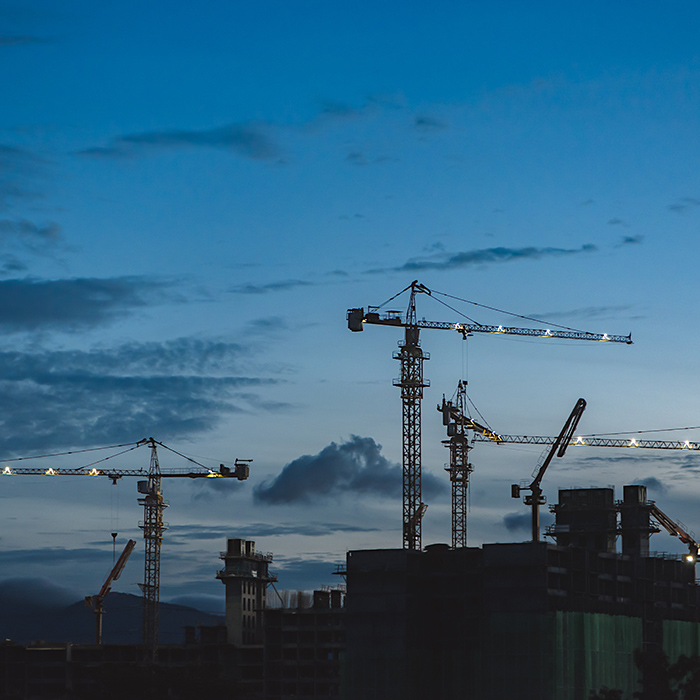How a new Industrial Hub will drive south Wales towards its net zero targets
What is an Industrial Hub?
Industrial Hubs serve as linchpins of industrial collaboration — creating cohesive networks that combine efforts to share resources, clean energy and infrastructure — for a greener future. Indeed, Industrial Hubs are essential cogs in the wheel of Wales’ transition to net zero. You can read more about them here.
Industrial Hubs form a crucial component of the South Wales Industrial Cluster’s (SWIC) strategy to address local infrastructure needs, reduce industrial emissions, and achieve net zero targets in the region. With South Wales ranking as the UK’s second-largest industrial emitter, releasing approximately 16 million tonnes of CO2 annually, SWIC aims to:
- Achieve increased net zero industry for South Wales, contributing to a 40% reduction in Welsh CO2 emissions.
- Retain 113,000 existing jobs while creating new employment opportunities.
- Unlock £30 billion in investment opportunities.
- Grow the £6 billion Gross Value Added from South Wales industry.
Why are Industrial Hubs important?
Industrial Hubs leverage the region’s abundant resources and optimise existing gas and electricity infrastructure to facilitate collaboration, innovation, and sustainability amongst businesses. This initiative aims to solidify Wales’ position as a leader in sustainable goods and services, thereby strengthening supply chains and fostering circular economy opportunities within South Wales’ diverse industries, including steel, cement, paper, and food production.
Plans for setting up an Industrial Hub in south Wales
Located within Llantrisant Business Park, The Royal Mint is spearheading the establishment of a new Industrial Hub to unite local organisations in achieving Wales’ net zero goals.
Recognising the power of collaboration, The Royal Mint aims to accelerate decarbonisation efforts within the local area by leveraging its Local Energy Centre (LEC).
As the world’s leading export mint, The Royal Mint’s LEC supplies renewable and lower carbon energy to its 38-acre manufacturing site, comprising a combined heat and power unit, solar farm, wind turbines and a battery energy storage system. This initiative not only demonstrates a commitment to reducing carbon emissions and energy costs but will also enable the organisation to generate 70% of its electricity demand.
The insights gained from operating the LEC will prove invaluable to the new Industrial Hub, fostering an ecosystem of shared values and goals. By facilitating the exchange of knowledge, resources, and best practices among local businesses committed to sustainability, the Industrial Hub aims to expedite individual journeys to net zero while empowering others to adopt sustainable practices across industries.
To find out more about SWIC, please click here: https://nziw.wales/south-wales-industrial-cluster-swic/
